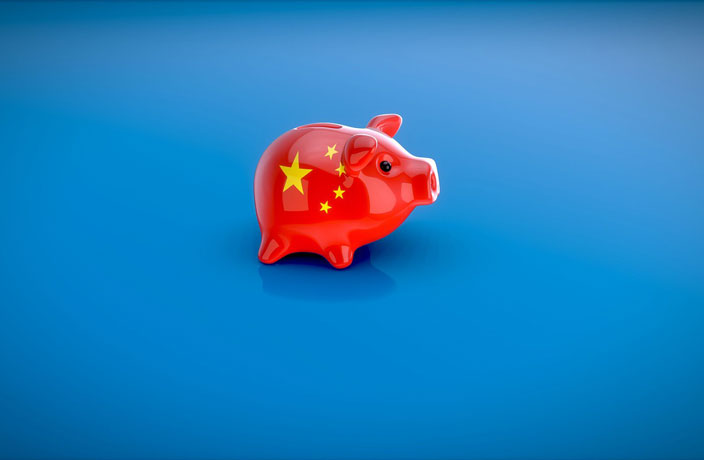Chinese households are known to be big-time savers compared to the global average.
Among 36 major cities, residents in Beijing save the most amount of money, according to bank data from the National Bureau of Statistics, compiled by financial media outlet Yicai.
The new city ranking shows the savings balance of Beijing urban and rural residents were RMB3.73 trillion in 2019, followed by Shanghai with RMB3.17 trillion in the proverbial piggy bank.
All other Chinese mainland cities’ savings balance in the ranking were under RMB2 trillion. Some large cities such as Suzhou, Wuxi, Foshan and Dongguan were not included.
The report notes that from 2010 to 2019, Hefei, Chongqing and Changsha saw the fastest growth in savings while Guangzhou grew at the slowest rate (perhaps by spending too much on dim sum).
Here’s a list of the top 10 cities in terms of savings balance:
1. Beijing – RMB3.73 trillion
2. Shanghai – RMB3.17 trillion
3. Guangzhou – RMB1.79 trillion
4. Chongqing – 1.78 trillion
5. Shenzhen – RMB1.60 trillion
6. Chengdu – RMB1.49 trillion
7. Tianjin – RMB1.26 trillion
8. Hangzhou – RMB1.16 trillion
9. Xi’an – RMB955 billion
10. Wuhan – RMB899 billion
According to Yicai, cities with high-income industries, such as information technology and finance, tend to have higher savings balances.
City population size is another factor that can dictate where a city ranks. Chongqing surpassed Shenzhen for the first time which Peng Peng, president of the Guangdong Provincial Development and Reform Commission, attributed to Chongqing’s 30 million residents – twice as many as Shenzhen.
A poll on Weibo asked users how much they had saved, with 30% of respondents admitting they don’t have savings. A separate poll showed that 20% of users have a savings balance of more than RMB100,000.
In 2020, household savings continued to grow amid the coronavirus outbreak. According to data published by management consulting firm McKinsey, China’s household deposit balance increased by 8% over the first quarter of the year – reaching RMB87.8 trillion last March.
READ MORE:
[Cover image via Pixabay]






Recent Comments